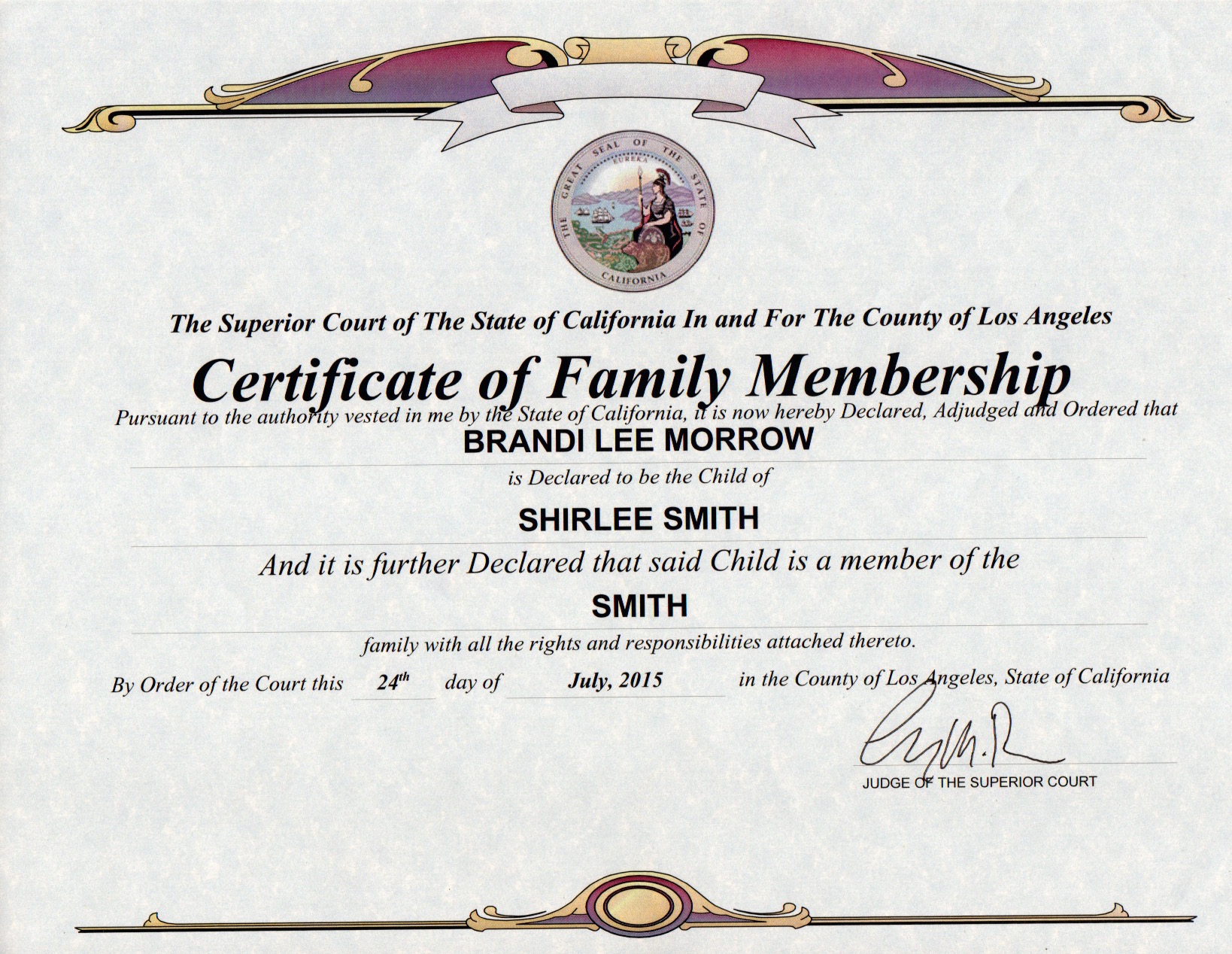
TROUBLESOME TEENAGERS

One foster parent complained that the teenager she was in charge of didn’t come back home some nights.
“Just stayed out like she thought she was grown,” was the follow-up grumble after announcing the young lady’s wayward behavior.
So, what were the consequences?
What kind of conversation took place regarding rules of the home, the expectations, and the all-important discussion of consequences?
Parents, and foster parents in particular, all too often determine that rules don’t matter enough to discuss them, which is the lead mechanism for enforcing them.,
Foster parents are known to complain that the kids in their care have been allowed at another placement to do whatever they want. These kids, the conversation goes, don’t listen to anybody.
Well, if you don’t say something there’s nothing for them to hear. The excuse that former placements were lax is all the more reason for the current placement people in charge. That is, the foster parents have a much bigger duty to let it be known, in no uncertain terms, that there are rules in this home and that everyone adheres to them.
What kind of rules for foster kids? Why not the same kind of rules we’d put into place for our own kids because we want them all to be safe, smart and successful.
Household rules:
Parent has to meet kid’s friends. They are welcome to come to visit and when they do, the parent gets introduced to them
2) When kids are leaving the house, Parent will have to know where they are going and who they are going with. A time is established when the kid is to return, AND if there are any changes in plans, the kid must call and let parent know.
3) Parent will know how much money the kid is carrying.
4) Parent will be given the contact information of the parents of the people the kid is on an outing with
5) Parent has absolute authority to approve or cancel any and all outings
6) If the outing includes riding in a car, Parent will have to see the driver’s license and the person’s proof of insurance.
Rules aren’t worth anything if they aren’t enforced. Natural-birth parents often want to be their kid’s friend, so when it comes to enforcement they shy away from doing the hard stuff.
Foster parents, and I know because they’ve told me, just don’t feel it is worth “the trouble.”
Raising kids, whether fostert or birth, can be a troublesome adventure, and the troubles increase the more parents avoid doing their job.
Staying out all night probably isn’t an isolated unacceptable behavior and if some adult doesn’t address the problem, then what?
Staying out overnight and getting away with it leads to staying out several more nights and showing up back home whenever it’s convenient.
Since the troublesome word about foster parents is that most are in it for the check, I’ll bet if the check only covered the actual nights Ms Teeny-Bopper were in the foster home and in bed, this not coming home would not be tolerated.
Ah, the good old dollar so often changes the way people think and behave.




I’ve not been a foster parent so I can only look at my natural children and yes rules need to be in forced. I agree with all the points you covered and if children grow up with the rules then they are easy to enforce even when they hit the teenage years they are just accepted. I was always under the believe that loved children had rules to live by. I agree with you shirley
Powerfully good advice!
Dear Shirlee,
Well, I guess that good parenting is generational! All of the same rules that you had referenced in your list—-were the SAME RULES that our parents had made for my brother and I to adhere to while growing up. There was not any deviating from these rules either! In fact, if we were going out to visit someone, Mom would feed us first; so we would not be looking as if we were expecting some kind of repast. Also, we could never just “take off” and go wherever we wanted; whenever we wanted.
Shirlee, you are so right; how can children know what to expect…when nothing is expected? Or when expectations are not consistently required or demanded. Is it really “too much trouble” to set specific ground rules and follow-through with some type of punishment or stern discussion, if the child doesn’t adhere to what is expected?
By having nothing in place, and then for a parent to get upset when a child “does his/her own thing”…is as useless “as a blind man turning around to look” {A Nigerian Quote}.
Another GREAT Blog, Shirlee.
—-.Bill